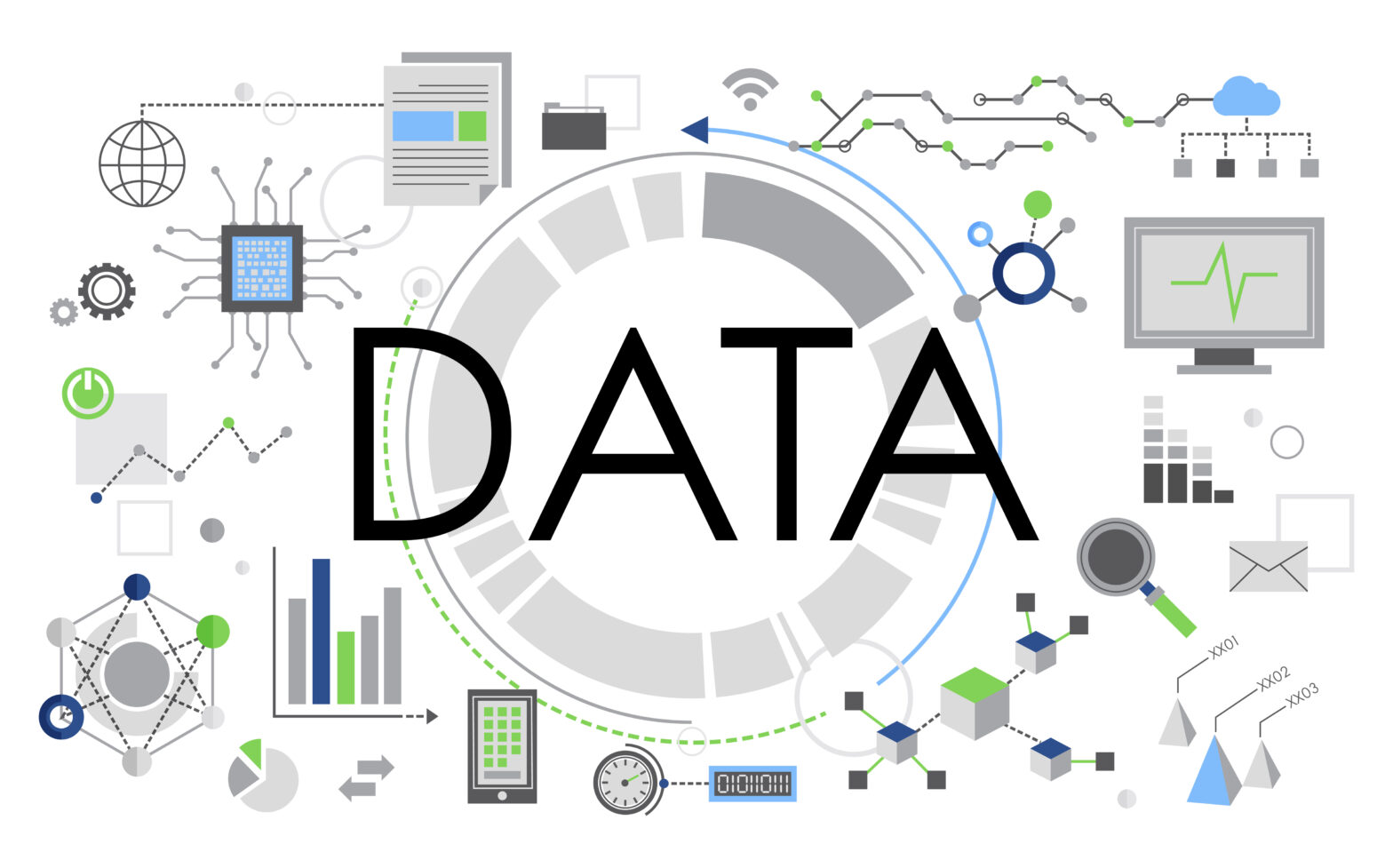With rapidly evolving technology has come increasingly sophisticated ways to manage your data – bringing us right up to intelligent data management.
We’ll be taking a deeper dive into what intelligent data management is and the platform you need to gain a competitive advantage in the fast-moving tech landscape.
First things first – what is intelligent data management?
Intelligent data management uses AI, automation and machine learning to manage unstructured, semi-structured and structured data through its lifecycle. Intelligent data management involves minimal IT effort and will improve your organisation’s productivity.
What is an intelligent data management cloud platform?
An Intelligent Data Management Cloud (IDMC) platform can help your organisation to simplify its data, taking said data from different sources and putting it into one place without duplicating it.
Informatica’s IDMC includes:
- Data integration
- API and app integration
- AI agent engineering
- Data quality and observability
- Data governance and privacy
- Data catalog
- Master data management and 360 applications
- Data marketplace
All these cloud-native services of the IDMC are supported by Informatica’s CLAIRE, who’s an AI-powered assistant designed to enhance productivity and decision-making within enterprise environments, particularly related to Informatica’s CLAIRE AI engine. As a co-pilot CLAIRE helps users by:
- Automating data management tasks
- Providing intelligent recommendations and insights
- Assisting with data integration, data quality, and governance workflows
- Offering natural language interactions to simplify complex processes
- Helping users navigate and leverage cloud and AI technologies more effectively
In addition, CLAIRE GPT is a specialised AI model designed to assist with tasks related to CLAIRE (Cloud, AI, and Real-time Engine) technology or frameworks. It typically helps users by providing information, answering questions, and facilitating tasks around cloud computing, artificial intelligence, and real-time data processing. The specific capabilities can vary depending on the implementation, but generally, CLAIRE GPT aims to support developers, data scientists, and business users in leveraging CLAIRE technology effectively.
CLAIRE’s natural language capabilities allow users to simplify complex operations using conversational prompts and driving business adoption.
Why does my organisation need one? What value can it unlock in our data?
Most organisations use five or more data tools, leading to disjointed data and missed opportunities and a higher Total Cost of Ownership (TCO).
Having more organised, clean and reliable data allows your organisation to scale its operations without the problems that come with uncontrolled, inaccessible data such as risks to privacy and compliance.
It also makes life easier for staff trying to access and optimise the right data in order to make important decisions – subject to the relevant employee access permissions, of course. With Informatica’s IDMC, you can automatically find, classify and inventory critical data so that you can more easily access it in future. Features like predictive analytics also allow you to make decisions in the moment by turning data into actionable insights.
Integrating data cleansing, standardisation and address verification, plus pre-built AI-powered rules and low/no code tools, help you deploy and scale-up products much faster and more reliably than before. Continual analysis of your data will pinpoint problems for you to address, too.
All in all, the trust you’ll gain from more robust data management gives you a boost in building brand reputation, driving revenue and retaining customers.
Read more over at What is an intelligent data management cloud platform and why does my organisation need one?
How will it help my organisation stay compliant?
Intelligent Data Management Cloud speeds up risk reporting and catches data issues early. On top of that, you don’t need to spend as much time or money to meet requirements, all with minimal business disruption.
You can find out more by reading How an intelligence data management cloud platform can help you meet compliance obligations.
Will it integrate with our existing systems?
Yes, it will. According to Informatica, using an intelligent data management platform will lead to 44 per cent savings in integration costs – with IDMC, you can move legacy apps to the cloud so that you can connect people, data and apps in one place.

How do I measure return on investment with Intelligent Data Management Cloud?
Your organisation could measure ROI in a few different ways:
- Operational efficiency: Time and cost savings from automation of data integration, data quality, and governance tasks.
- Improved data quality: Reduction in errors and rework leading to cost savings.
- Faster time-to-market: Accelerated delivery of data products and insights enhancing business agility.
- Regulatory compliance: Mitigation of compliance risks and potential cost avoidance from penalties.
- Enhanced decision-making: Better data quality and accessibility leading to improved business outcomes.
- Scalability and flexibility: Ability to scale data management as business grows without proportional cost increments.
Go into more detail by reading 7 ways to measure return on investment with an intelligent data management cloud platform.
Does my organisation need a data management cloud platform?
Many organisations can benefit from a data management cloud platform, but it’s definitely worth considering if you manage large datasets, need enhanced data security and/or need a tool to help with decision-making.
It can be especially helpful if you have data scattered across your organisations without much structure, you’re growing quickly or you want to automate tasks through AI and automation.
If you’re not sure, check out this webinar from Informatica exploring how IDMC can unlock value in your data. Download it here.
Read more
Making sense of data sovereignty and how to regain it – As businesses rely more on digital tools, staying in control of your data matters more than ever
The legal blind spots stalling data and AI start-up growth – and what to do about it – Sometimes there can be confusion as to whether an organisation owns IP. Simon Davies explains how to structure your legal strategy
Why data observability is the missing layer of modern networking – In this article, we explore how observability is transforming network management—helping IT teams move from reactive firefighting to proactive control in an increasingly complex, cloud-driven world






